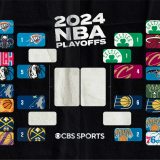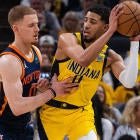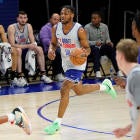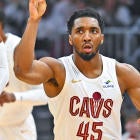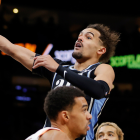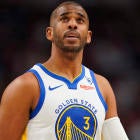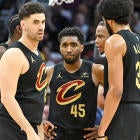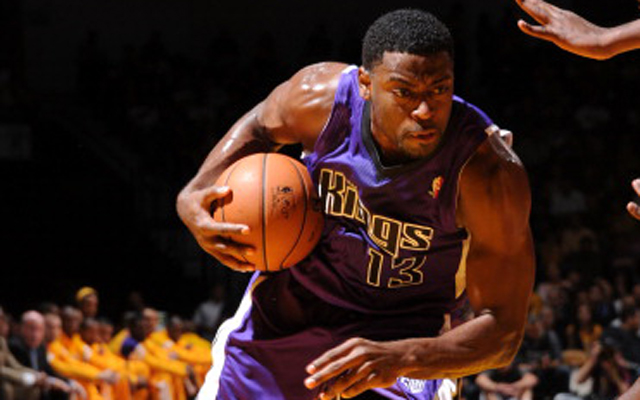 |
| Evans will be a restricted free agent next summer. (Getty Images) |
The Inbounds focuses on one element, thought, question, or joke in the league. It appears daily Monday through Friday on CBSSports.com.
Midnight came and went Wednesday night and while some players, most notably James Harden, Jrue Holiday, Stephen Curry, Taj Gibson, DeMar DeRozan (?!) and Ty Lawson got the big extensions they were after, there were a number of players whose teams decided to take their chances.
Tyreke Evans, the 2010 rookie of the year headlines the class, but Brandon Jennings, Darren Collison and Eric Maynor will be restricted free agents next summer.
Evans has perplexed the Kings, unable to progress into any one position since an incredible rookie season. Jennings has never been able to sustain a season above that volume shooter vs. elite scorer line. Collison is just perpetually underrated and the Mavericks are keeping their options open. Maynor is a reserve who was injured last season.
But the difference between players who received extensions and those who did not is less about overall talent and more about two phrases.
Risk management and upside potential.
The trick for teams is to weigh the ability to lock up their player and ensure they keep them for a reasonable price, versus the open market evaluation.
Take DeRozan. It's universally accepted that the 4-year, $40 million deal the Raptors put together for the wing is a nightmare. DeRozan doesn't satisfy any of the critics' standards. His production statistically doesn't measure up, scouts have questions about his skill level and basketball IQ, and he doesn't put butts in seats. But consider that DeRozan is still just 23. He's entering his first season with an elite point guard and has legitimate defensive systems and help behind him.
If DeRozan were to develop enough for a team to take a swipe at him, it's not just the loss of DeRozan. The Raptors would be in desperate need of a wing. They tried unsuccessfully to acquire one in the draft through trade. There just aren't enough quality wings to go around right now.
Now consider the Kings. They have Isaiah Thomas who has been a revelation, Marcus Thornton at the 2, John Salmons at the 3, and sure, throw in Jimmer Fredette if you must. With the unbelievable number of point guards in this league, and with Evans not an elite shooter from the outside to play 2-guard, is his market value likely to be that high?
What's amazing is that Collison looks to be in for a massive year, and the Mavericks will likely re-sign him for below a max, despite the fact that of all the point guards, Collison is one of the few with more than a bit of playoff experience.
Teams are put in a position where they'll often overvalue a player based on prior production because they're projecting what he'll be worth. Take the Sixers and Holiday's 4-year, $41 million base, $46 million with incentives deal. Holiday's production so far should put him more on par with what DeRozan got (while DeRozan's should put him on par with ... well ... ). But the Sixers think that he can develop into an efficient, effective point guard.
They're essentially gambling that locking him up now will be better than waiting for him to have contract-year production, boost his value, and earn more from another team in restricted free agency, forcing them to match.
A great example of this is the Mike Conley deal, which I foolishly blasted a few years ago. The Grizzlies signed Conley to what at the time was a gross overpayment based on his skill-level and production in years' past. But Conley, in that very season, blossomed into one of the best game-manager point guards in the league and the Grizzlies' best perimeter weapon.
Sometimes you get a steal in these deals outright, as the Bulls did getting Gibson back at a ridiculous rate. Sometimes you overpay in the hopes that he winds up developing into worth more than you paid, like the Raptors hope with DeRozan.
But there is a risk to letting the guy hit the market. The Hornets wanted to see Eric Gordon for a full year and evaluate his health before giving him an extension last year. The result was Phoenix's massive $58 million offer, which the Hornets had to match, even as Gordon is now out "indefinitely."
It's a complicated matter for teams, far more than fans and media tend to make it out to be. They have to be evaluators, accountants and soothsayers all at once. And is always the case with youth, most of the time you simply have to make the best decision you can and hope for the best. Basketball's too temperamental to do anything else.












